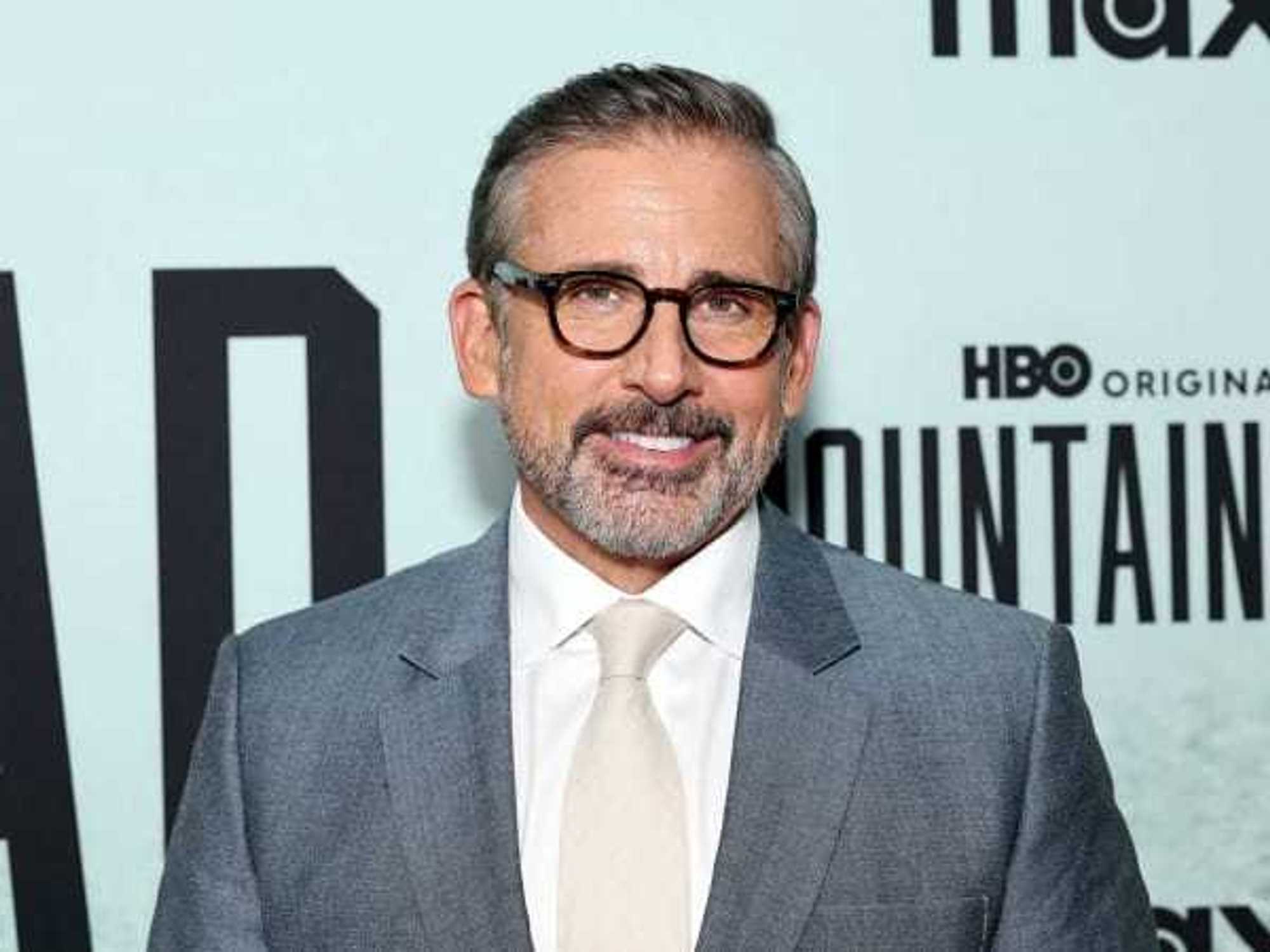Dropping Knowledge Thursday
Talking with Al Gore's speech writer, Daniel H. Pink, on what to read, how to betwo brained & why for-profits love art

 Daniel Pink, author, journalist and Vice President Al Gore's former chief speechwriter, is a featured speaker at The UP Experience.
Daniel Pink, author, journalist and Vice President Al Gore's former chief speechwriter, is a featured speaker at The UP Experience. which are subjects in his 20-minute talk Thursday.
which are subjects in his 20-minute talk Thursday. His New York Times Best Seller book, A Whole New Mind, speaks of the ConceptualAge as an era that values creativity.
His New York Times Best Seller book, A Whole New Mind, speaks of the ConceptualAge as an era that values creativity. His latest book, Drive, uncovers truths related to intrinsic and extrinsicmotivation...
His latest book, Drive, uncovers truths related to intrinsic and extrinsicmotivation...
Have you learned what motivates you? Have you discovered how to motivate other people? In today's economy?
As we enter what author and journalist Daniel H. Pink labels the Conceptual Age, the tricks of extrinsic incentives—the carrot and stick schtick—have limited and timed effectiveness. In Drive: The Surprising Truth About What Motivates Us, Pink uncovers sensible truths behind this generation's need to learn, create and grow.
CultureMap spoke with Vice President Al Gore's former chief speech writer about creativity, inspiration, motivation and education.
CultureMap: In your book, A Whole New Mind, you describe the Conceptual Age as one that values creativity across many fields of study. Yet at at the same time, the educational community doesn't seem to recognize the important of the arts in developing such creativity. Why the incongruence?
Daniel Pink: It's very distressing in many ways. Certain aspects of education policies are preparing students for the past rather than the future. These policies do not recognize how radically the economy has changed.
Skills that used to be valuable, are still valuable but are insufficient. We need to help students develop a different set of abilities for this economic era.
If you look at what is happening in science, technology, engineering and math, institutions are bringing the arts in.
Medical schools are taking students to art museums to make them better diagnosticians. Listening to a patient's story is a critical part of medical care and diagnosis. Engineering programs are introducing liberal arts, understanding that the self life of technical knowledge is so soft. You will find the same initiatives in the real world of science and technology.
But in secondary schools, the arts are first on the chopping block which goes against the economic current and the practices of some of the most successful and best for-profit companies.
CM: How does a student, or someone within a few years of entering the workforce, prepare themselves for a career? What suggestions do you have for a high school student?
DP: At one level, I can offer very specific advice. The most important thing they need to do is figure out what they like to do and what they are good at, while at the same time developing certain kinds of cognitive abilities.
Students will need to have left-brain cognitive abilities like critical thinking and analytics. If you don't have these, you won't be successful. But if you only have SAT or spreadsheet abilities, you will run into problems.
Developing right-brain aptitudes like artistic abilities, inventiveness, connecting the dots, recognizing patterns, recognizing and understanding stories and empathy is a way to get a whole-minded education, without getting too far into the SAT and PSAT side of things.
I want to encourage whole-minded cognitive development while at the same time not neglect some of the most important (what psychologists call) non-cognitive attributes like grit, perseverance, passion, resilience—being able to bounce back—curiosity, interest in the world and being able to collaborate.
CM: What are three things anyone can do to be more productive?
DP: Start doing your own performance reviews. At the beginning of each month, write down some goals and check yourself at the end. Do not rely on outsourcing these to your company's leadership.
If you are not a designer, keep a design notebook for a couple of weeks. Write instances of good design and bad design. Design literacy has become very important in every kind of business.
Tom Peters suggests that just as everyone keeps a to-do list, it's just as important to keep a to-don't list of all the things that suck the time and energy out of us. It needs to be as explicit as the to-do list.
CM: Is there a book or author that has really influenced your own thoughts, philosophies and career?
DP: Yes. Mihaly Csikszentmihalyi's Flow. He talks about those moments in our lives when as a result of challenges we lose our sense of time. I mention the book often in my own books.
CM: What are you reading right now and what's on your fall reading list?
DP: I just finished a great novel by Chad Harbach, The Art of Fielding. Not just about baseball but about life in general. I thought it was really outstanding.
Like everyone else, I also have Steve Jobs biography. I just bought Steve Inskeep's Instant City: Life and Death in Karachi, a non-fiction about the Pakistan city's global implications. Martin Seligman's Flourish: A Visionary New Understanding of Happiness and Well-being is also on deck.
CM: What's on your mind lately? What are you passionate about right now?
DP: One of the things that troubles me the most is that we seem to leave people behind too easily. It's wrong at a moral level, wrong at an economic level. It's bad strategy. It goes against fairness and prosperity. A huge number of people are marooned and that's not the true spirit of this country.
